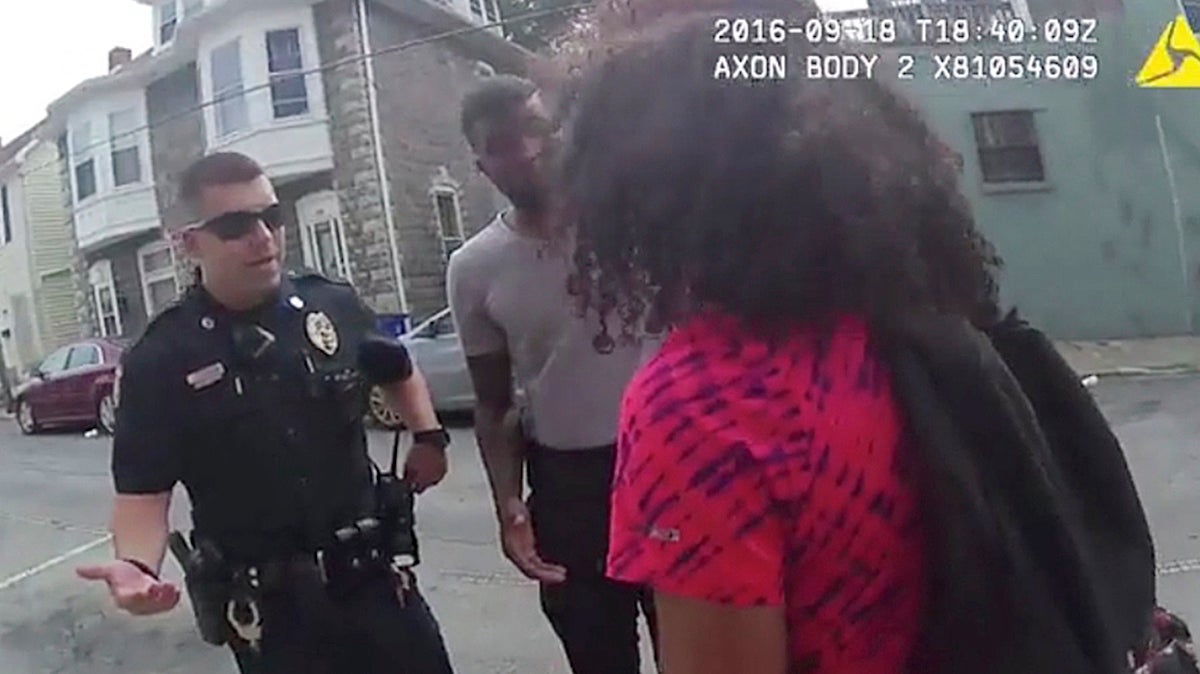Former Philadelphia top cop says a national standard is needed on releasing police videos

In this Sunday
Former Philadelphia Police Commissioner Charles Ramsey is calling for national standards for how videos of police shootings are released to the public.
Ramsey said that if police departments are thought to be concealing information stemming from a controversial shooting incident, conflicts between officers and communities will worsen.
“I think it’s important to set expectations on the part of the public. It seems like we’re all over the place right now, depending on where something takes place,” Ramsey said in a phone interview. “There needs to be thoughtful dialogue to try to get on the same page.”
Waiting to release footage of a shooting, like police did in Charlotte recently, can erode the public’s trust of police.
“The longer you wait, the more people think that you’re hiding something. I mean, it’s unfortunate. But it boils down to trust, or a lack thereof. And because we’re in this current environment, people aren’t willing to give you the benefit of the doubt,” Ramsey said.
Ramsey wrote in the New York Times recently that police used to have a little more time to take a deep breath before deciding what to release. But in this time of instant information, hesitating could do more harm than good.
“People are fascinated with video. And we have to adapt to that. I mean, ten years ago, we would not be having this discussion. But today, it’s very much a part of our lives, of our daily lives,” said Ramsey, who is now a visiting fellow at Drexel University’s Lindy Institute for Urban Innovation.
While leading Philadelphia’s force, Ramsey faced criticism for not publicly releasing a video of Brandon Tate-Brown, 26, who was fatally shot in December 2014 by police during a routine traffic stop on Frankford Avenue in Mayfair. Police have said that they observed a gun in Tate-Brown’s car right before police shot him. But Tate-Brown’s attorney and family have said they were shown video that showed Tate-Brown being shot by police near the trunk of his car, not as he was reaching into the passenger side, as authorities have said.
“My feeling was that they had a right to see it,” Ramsey said about showing the family, activists and others the footage.
Although Philadelphia District Attorney Seth Williams announced he would not be filing charges against the two Philadelphia officers involved in the shooting, the family has filed a federal civil suit over the shooting that is still pending.
“I actually let them read witness statements,” he said. “Whether or not that makes a difference in terms of whether people think a shooting was justified, I certainty understand that. If you lose a loved one, nothing that anyone can be shown is going to possibly convince you that it was the only option available to you, but at least they have an opportunity to see it.”
The national standards over releasing police shooting footage, Ramsey said, would have to involve local prosecutors.
“Oftentimes, they are the ones reluctant to release information because they fear it could harm the case. It could taint a jury, should it found to be criminal,” he said.
And the national guidelines should also treat families of victims differently than the general public.
“That’s the same public that you have to draw jury pools from,” Ramsey said. “There are even some extraordinary circumstances that could change that,” he said. “But there needs to be some consistency to make sure in one situation is not very different for how it’s being handled in another jurisdiction.”
WHYY is your source for fact-based, in-depth journalism and information. As a nonprofit organization, we rely on financial support from readers like you. Please give today.

